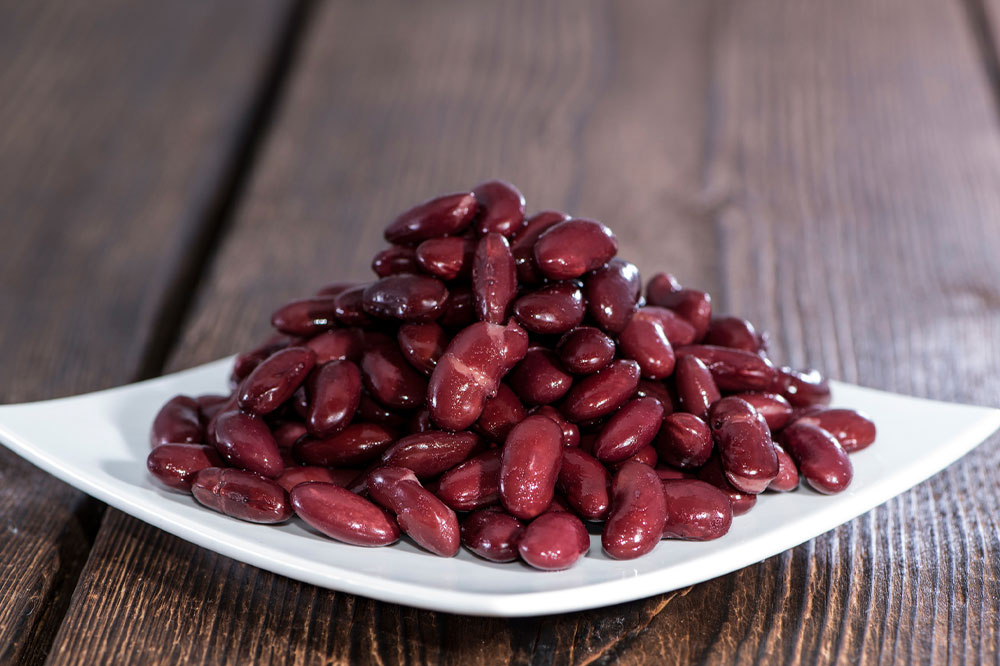11 foods to avoid when dealing with Crohn’s disease

health
Crohn’s disease is a type of inflammatory bowel disease that leads to swelling in the small intestine resulting in problems like diarrhea and stomach pain. The swelling makes it tougher for the body to absorb the nutrients in food. Certain foods can also trigger the symptoms and lead to flare-ups; the triggers can differ from person to person. Nevertheless, here are a few common foods that should be avoided to prevent worsening Crohn’s disease symptoms.
- Spicy food
For those with Crohn’s disease who love chilies or spicy food, restricting these foods is important to manage the symptoms. This is because certain spices can worsen the pain and other symptoms associated with the condition. Alternatively, one should use mild herbs and natural flavorings such as lemon in limited quantities. - Dairy products
Many people with Crohn’s disease experience worsening symptoms after consuming dairy products like yogurt, cheese, and milk. For them, it is better to try milk alternatives, like almond milk, coconut milk, soy milk, and oat milk. People with the disease can also try low-fat substitutes like kefir. - Deep-fried foods
People with Crohn’s are advised to limit their intake of fried and greasy foods as these contain unhealthy fats that may aggravate the symptoms and lead to problems such as loose motion and cramping. This is because foods rich in fat, including heavy sauces, are often not completely absorbed by the small intestine. - Seeds and nuts
Irrespective of the high nutritional value of these foods, they are not suitable for people with Crohn’s disease as they can cause irritation in the lining of the gut, worsening the symptoms. Seeds and nuts are also hard to digest for people suffering from the disease. - Raw fruits and vegetables with skin
The health of those with Crohn’s disease may worsen if they have apples or cucumbers along with their skins. This is because edible peels of these foods lead to severe digestive distress as these contain insoluble fibers that make them hard to digest. However, one can have these fruits and vegetables after peeling or cooking. - Cured meat
People with Crohn’s disease should ideally consume enough protein to stay healthy. However, processed meats such as bacon should be avoided as they contain large amounts of preservatives and fats and also offer minimal nutritional value. These foods may lead to aggravation of symptoms such as diarrhea in some patients. Alternatively, opting for lean proteins found in fish and soy can prove to be more beneficial for the body. - Tomatoes
People with Crohn’s disease might need to reduce their intake of tomatoes in all forms as the fruit is known to worsen the symptoms and cause acidity. - Artificial sweeteners
People affected by Crohn’s are advised to avoid products with low-calorie sweeteners, including sorbitol and maltitol, as these may not get completely absorbed by the body and lead to acidity, diarrhea, and bloating. Additionally, packaged fruit juices, lemonade, and soda high in sugar could trigger or aggravate the symptoms of this condition. - Popcorn
This popular snack option could aggravate Crohn’s disease symptoms as it is rich in fiber and butter. Fat and fiber are known to worsen inflammation in patients, cause severe acidity, and lead to loose motions. - Caffeinated beverages
People with the disease are advised to limit their intake of caffeinated products, including tea, coffee, chocolates, and sodas, as they are known to aggravate bloating, diarrhea, cramping, and other symptoms. Alternatively, one should opt for herbal drinks or other non-caffeinated fluids. - Whole Grains
People with Crohn’s might find it best to avoid whole grains as they are rich in fiber, which can trigger symptoms like diarrhea and stomach pain. Furthermore, whole grains are also known to have high gluten content and fermentable carbohydrates.
Before eliminating any food item from one’s meal plans, it is best to seek the advice of a doctor or a health professional.







